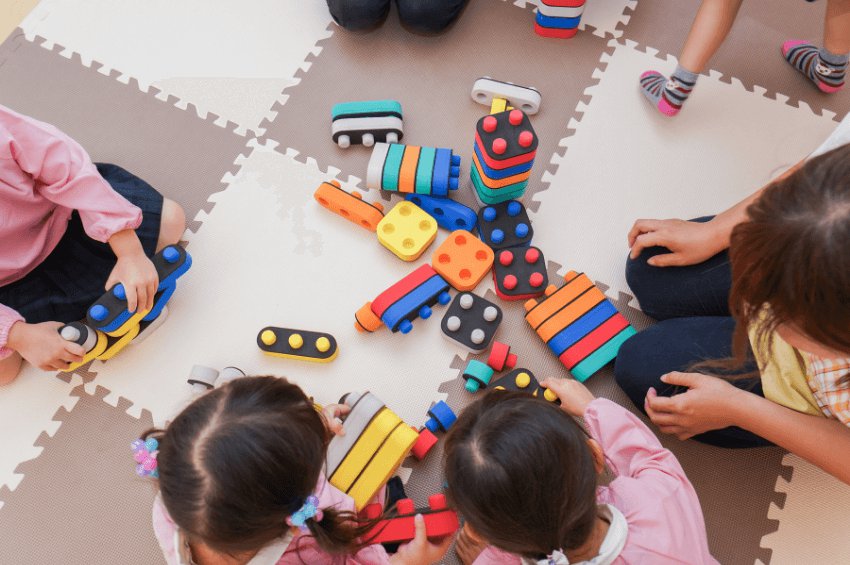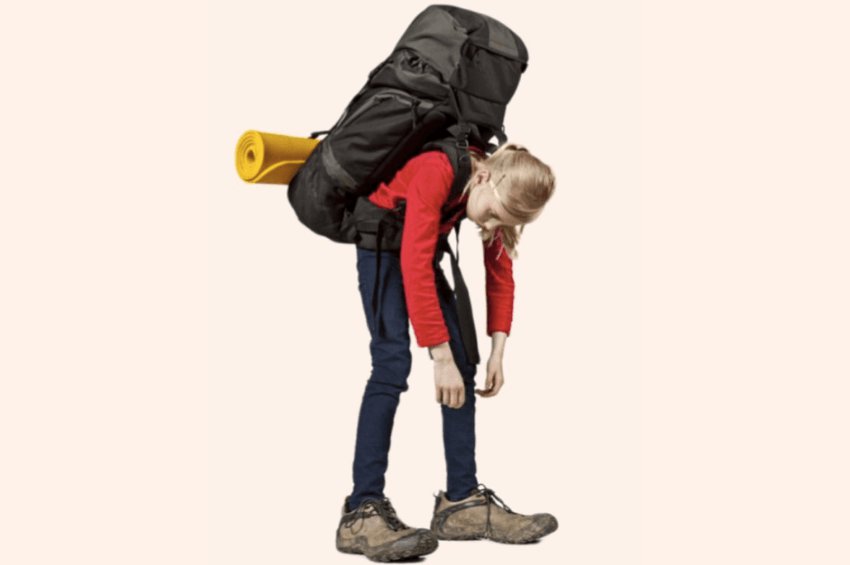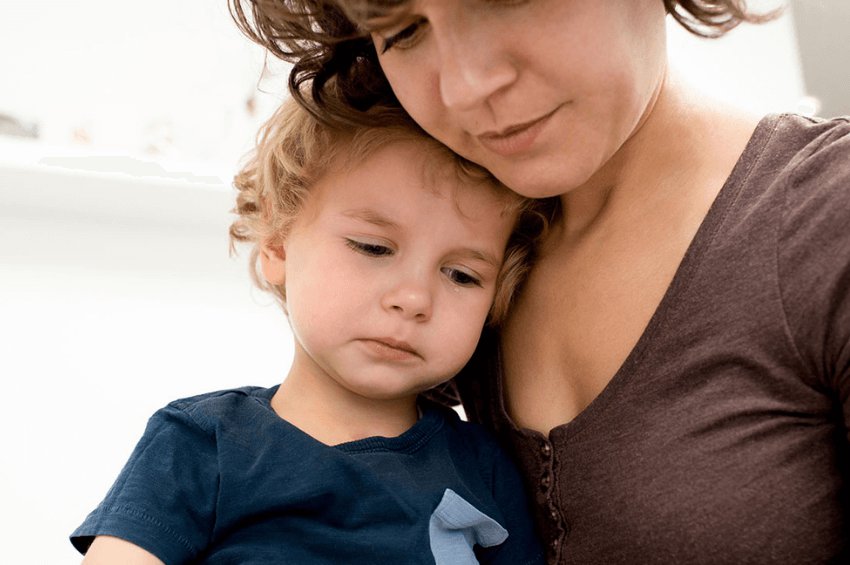Search
Search
Guides & Fact Sheets

For caregivers who work with children who do not live with their parents
The overall aim of this tool is to help children develop a physical anchoring (a physical place they can call home) and an emotional anchoring (a person with whom the child can develop a relational bond). This tool enables them to assess the extent to which these children feel loved by their caregivers. Moreover, it is ideal for supporting discussions, and should be used on an annual basis.
- Created by Carole Côté and Johanne Boivin and translated by the Trauma Consortium Team.
Guides & Fact Sheets

This presentation provides information on PTSD as well as tools that can be presented to clients facing triggering situations related to PTSD.
- Created by Dr. Julian D. Ford and Judith Ford.
Guides & Fact Sheets

This fact sheet gives details about the growing number of girls in the juvenile justice.It outlines the prevalence of trauma exposure among justice-involved girls, the prevalence of PTSD among justice-involved girls, potential consequences of trauma for girls, the impact of juvenile justice system on traumatized girls, and gender responsive programming.
- Created by the National Child Traumatic Stress Network.
Guides & Fact Sheets

Trauma and violence-informed approaches are policies and practices that recognize the connections between violence, trauma, negative health outcomes and behaviours. These approaches increase safety, control and resilience for people who are seeking services in relation to experiences of violence and/or have a history of experiencing violence.
- Created by the Government of Canada.
Guides & Fact Sheets

This fact sheet offers parents and caregivers information about trauma. It also defines traumatic stress and describes how common it is, how it can impact a family, and things a family can do to cope with traumatic stress.
- Created by the National Child Traumatic Stress Network.
Guides & Fact Sheets

This fact sheet provides information about trauma in Indigenous Communities, the impact of trauma on Indigenous children and characteristics of trauma-informed systems.
- Created by the National Indian Child Welfare Association, le Child, the Adolescent and Family Branch, the Center for Mental Health Services and the Substance Abuse and Mental Health Services Administration.
Guides & Fact Sheets

From Theory to Practice (for children aged 0-11 - free electronic version)
The aim of this support kit for caregivers is to raise awareness in clinical settings of knowledge about trauma in children and adolescents, so that caregivers can incorporate it in their practices.
- Created by Institut universitaire Jeunes en difficulté (IUJD).
Guides & Fact Sheets

This 2-5 minutes assessment tool provides a more accurate picture of your organization’s approach to trauma-informed principles. Once completed, it provides an 8-page detailed report that will help you evaluate, understand, and discuss how your organization can become more trauma-informed.
- Created by the Crisis and Trauma Resource Institute.
Guides & Fact Sheets

This page provides information on ways to support children and teenagers who have experienced traumatic events and also addresses common reactions youth may have.
- Created by the Raising Children Network.
Guides & Fact Sheets

This fact sheet provides information on a range of traumatic events or trauma types to which children and adolescents can be exposed.
- Created by The National Child Traumatic Stress Network.


